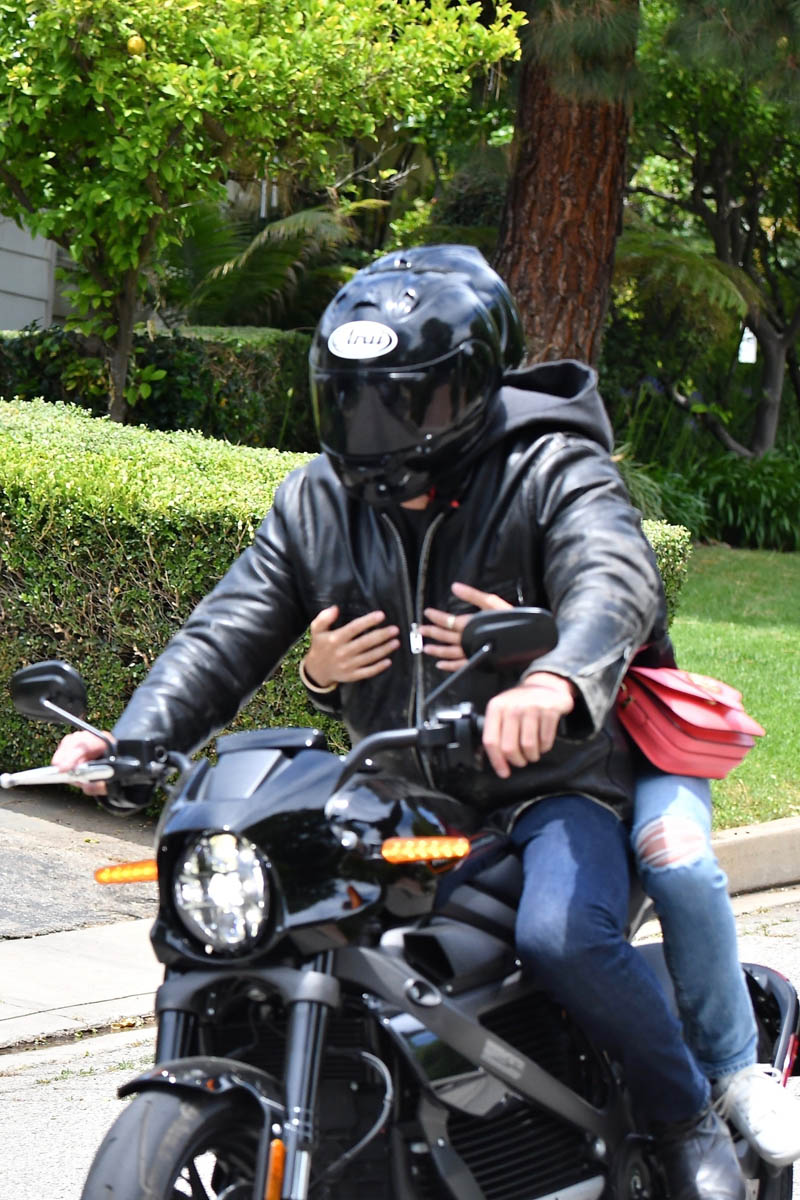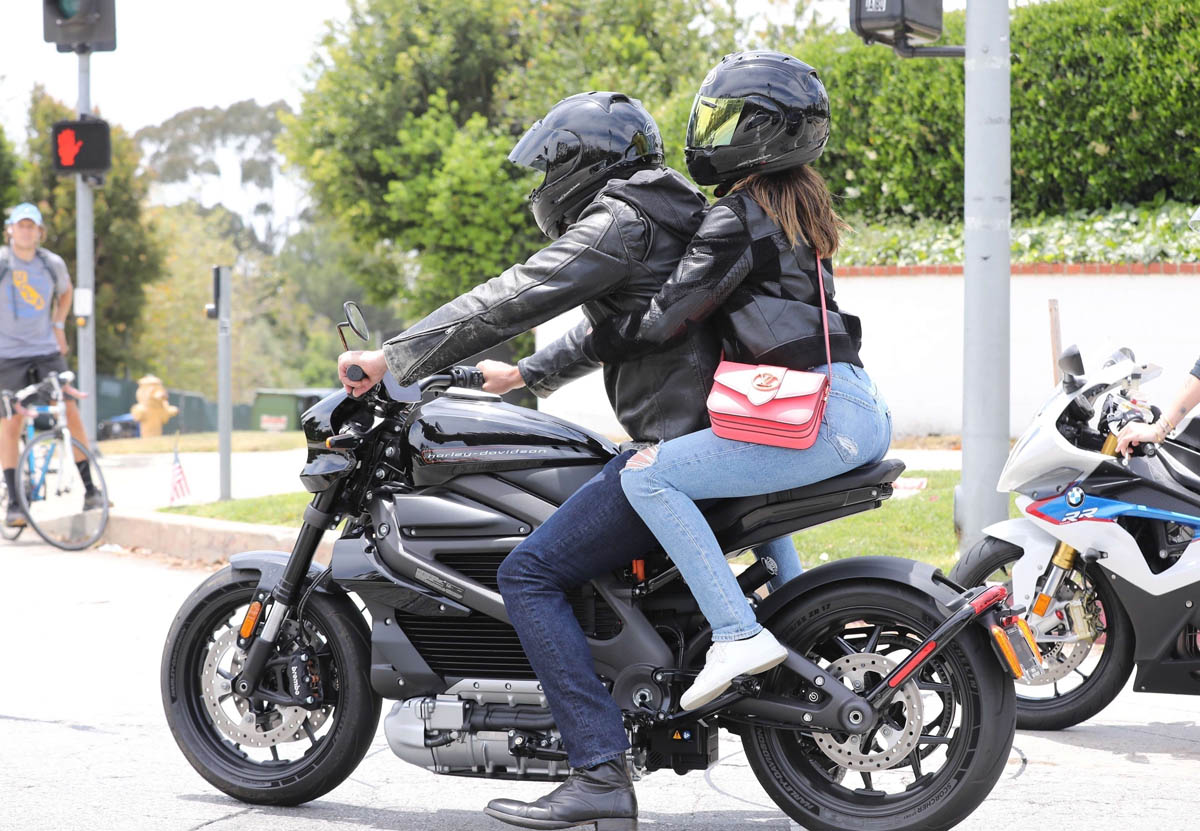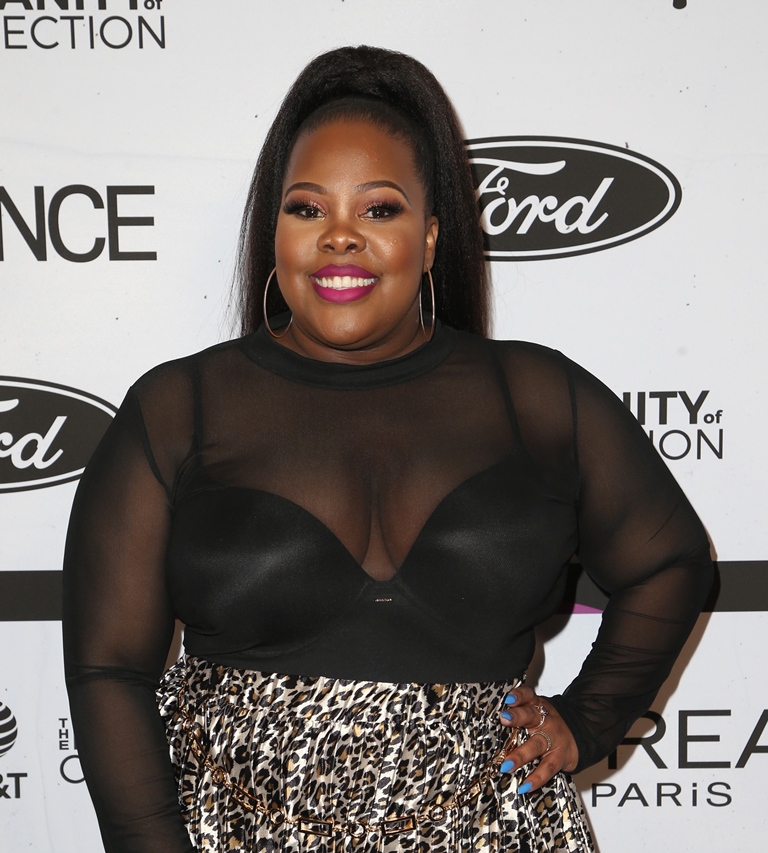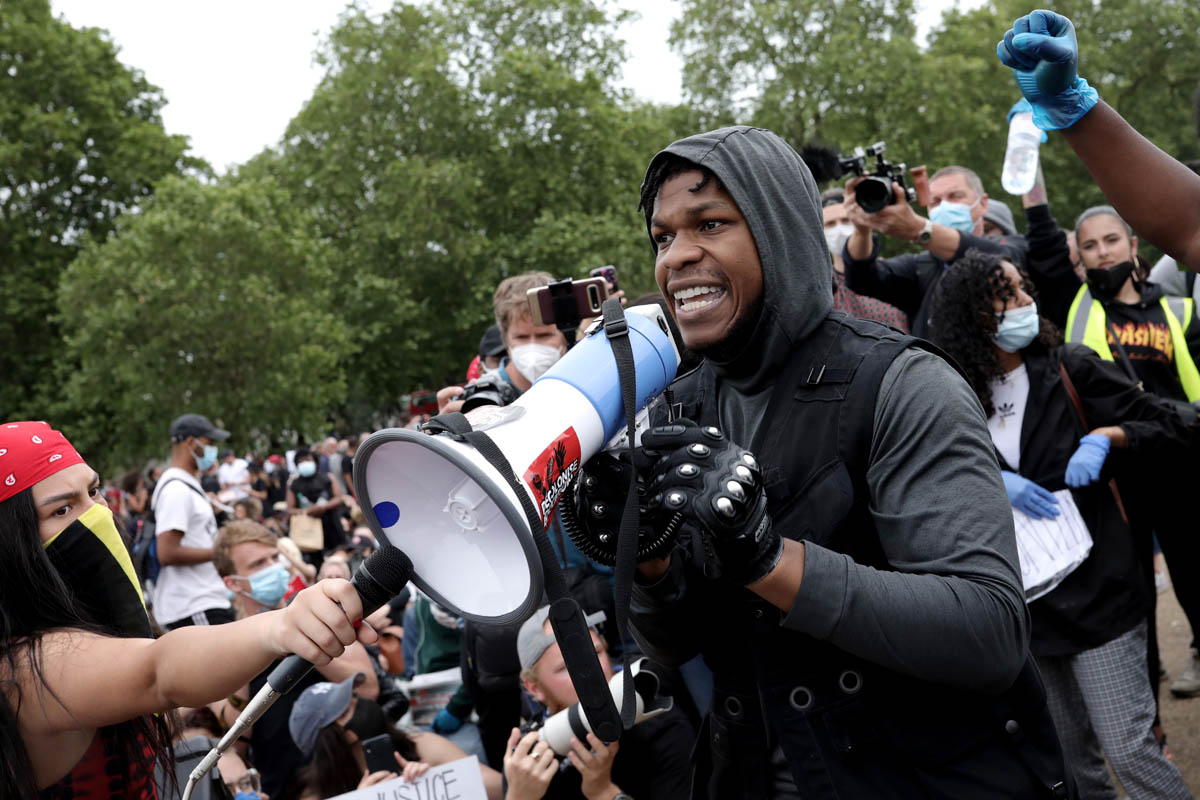Ben-Ana at the protest



Let’s catch up with Ben Affleck and Ana de Armas. It’s been a few days. And yesterday they stepped out in Venice to support Black Lives Matter and those protesting the demolition of First Baptist Church.
March for #GeorgeFloyd in #Venice today. Blessed to have @BenAffleck express awareness and concern for the local Historic Black Community in #VeniceBeach that has been long ignored and obstructed by local politicians, LAPD, and commerce bullies. #SaveVenice #DefendOakwood pic.twitter.com/Y1yLOn07GW
— Defend Venice (@defendvenice) June 2, 2020
“The First Baptist Church of Venice was built in 1910 and has been a landmark building within the African American community — although its history is in danger of disappearing.
In February 2017, the church was sold for a reported $6.3 million to a private holding company with plans to remodel the church, which has been unoccupied since 2015, according to LA Curbed.”
This, then, is about gentrification and, as we know, gentrification is white privilege and encroachment on spaces typically occupied by people of colour and underserved communities.
Interestingly, the last time I posted about Ben and Ana it was last week and I wrote about Ben’s friendship with Matt Damon and whether or not Matt and his wife Luciana have met Ana. Then Matt and Luciana (not pictured) were photographed at Ben’s place.
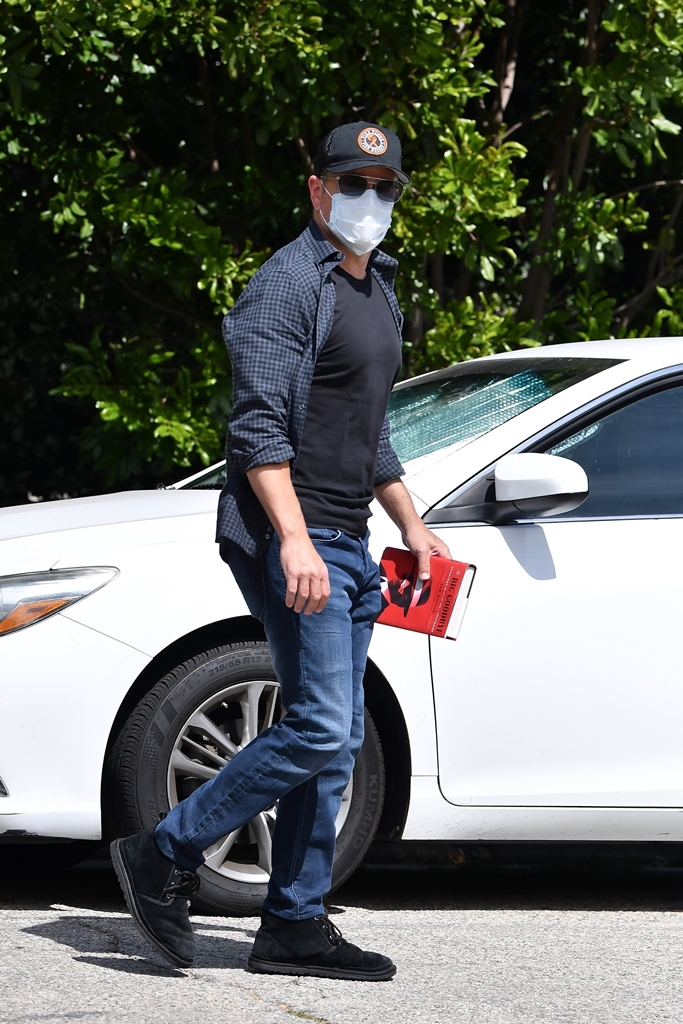
As you can see, Matt had a book with him: Sam Wasson’s The BIG GOODBYE: Chinatown and the Last Years of Hollywood. It’s about the making of Chinatown, the film directed by Roman Polanski, starring Jack Nicholson and Faye Dunaway, considered an American classic. I don’t know if it really holds up under the lens of this moment in 2020 but every list of “Best Films” is always going to include Chinatown and how this relates to the previous point is that while the film is ostensibly about water, as Jonny Coleman wrote in this piece in 2017 for LA Weekly, “Chinatown is the Story of White Supremacy and Gentrification in LA”; and as Sarah noted in her Perry Mason post the other day, it romanticises morally compromised cops, another example of an iconic piece of pop culture that filters the world through a police lens which can and has, as argued by Kathryn VanArendonk this week at Vulture, “diminish the threat and shock of actual police violence”.
Presumably, since he had the book with him, Matt brought it over to Ben’s to share it or to talk about it or maybe to discuss adapting it. I wonder then if either of them process Chinatown through those different perspectives – especially Ben who made a deliberate choice to join the protest in Venice for First Baptist Church and against gentrification of that neighbourhood – or whether or not it’s the same, standard, white dude cinephile take.

